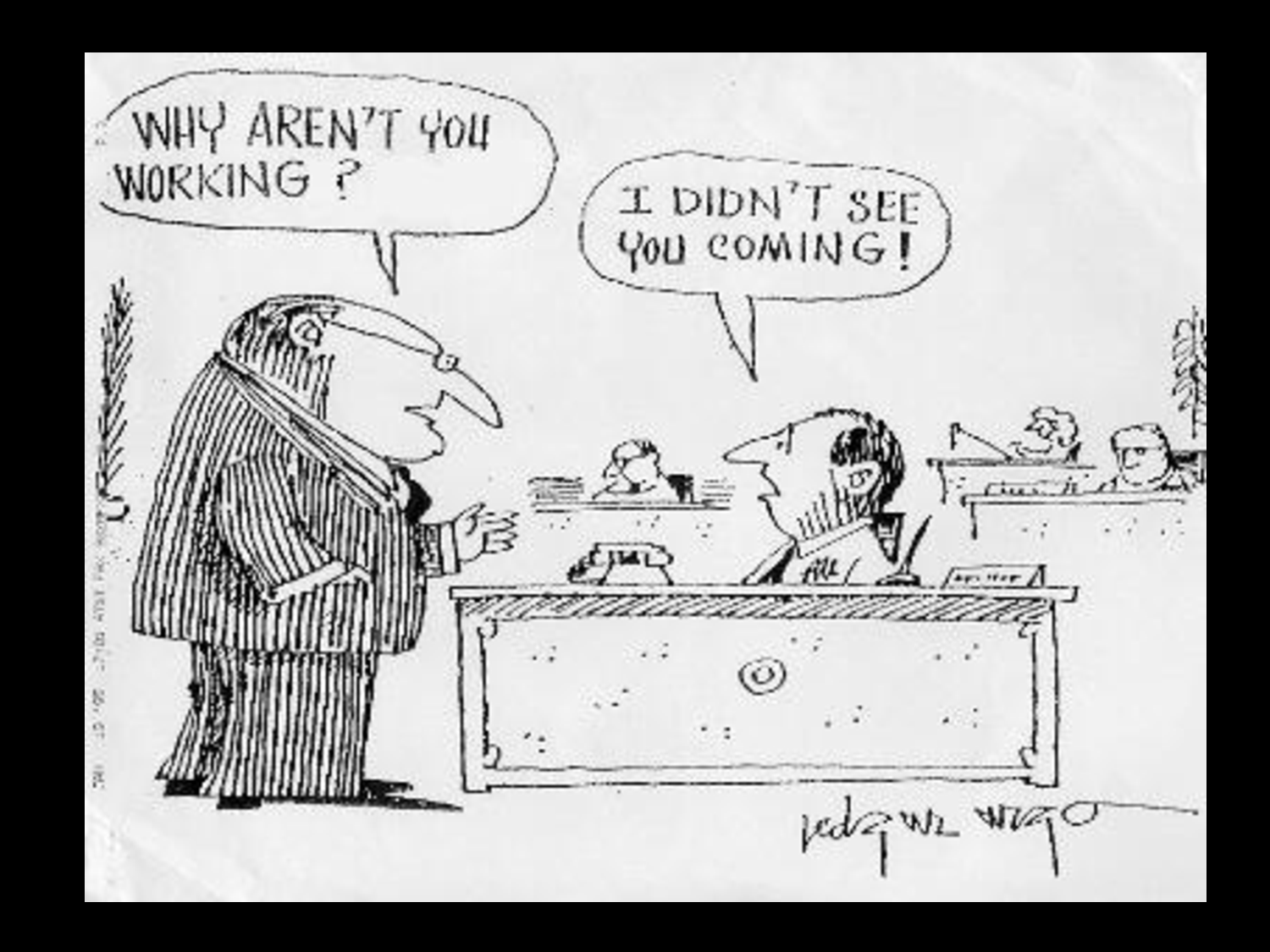Work Jokes: The Ultimate Guide To Lighten Up Your Office Life
In the fast-paced world of work, finding moments of laughter can be a breath of fresh air. Work jokes serve as a delightful escape from the daily grind, fostering camaraderie among colleagues and lightening the atmosphere. Whether you’re in a cubicle, a conference room, or working remotely, a good joke can break the ice and create a positive work environment.
But what exactly are work jokes, and why are they important? Work jokes are humorous remarks or anecdotes specifically related to office culture and experiences. They can range from puns about coffee breaks to playful jabs at meetings that seem to last forever. These jokes not only add humor to your day but also help build relationships with coworkers and improve overall morale.
In this comprehensive guide, we will explore various aspects of work jokes, including their benefits, types, and how to effectively integrate them into your workplace. Whether you are looking to share a laugh with your team or simply want to brighten your own day, this article has got you covered!
Table of Contents
- What Are Work Jokes?
- Benefits of Work Jokes
- Types of Work Jokes
- How to Tell Work Jokes
- Examples of Work Jokes
- When Not to Tell Work Jokes
- Creating a Joke-Friendly Environment
- Conclusion
What Are Work Jokes?
Work jokes are humorous statements or anecdotes that relate specifically to the workplace environment. These jokes can address common office experiences, highlight the quirks of corporate culture, or even poke fun at the absurdities of meetings and deadlines. They serve as a means of relieving stress and fostering a sense of community among colleagues.
Characteristics of Work Jokes
- Relatable: They often stem from shared experiences in the office.
- Light-hearted: They aim to amuse rather than offend.
- Flexible: They can be tailored to suit different work environments and cultures.
Benefits of Work Jokes
Integrating humor into the workplace has numerous benefits. Here are some reasons why work jokes are essential:
1. Boosts Morale
Humor can elevate the mood of employees, making them feel more positive about their work environment. A good laugh can help reduce stress and anxiety.
2. Fosters Team Bonding
Sharing jokes can create a sense of camaraderie among coworkers, breaking down barriers and encouraging collaboration.
3. Enhances Creativity
A light-hearted atmosphere can stimulate creativity, allowing employees to think outside the box and come up with innovative solutions.
4. Improves Communication
Work jokes can serve as conversation starters, making it easier for employees to engage with one another and share ideas.
Types of Work Jokes
There are various types of work jokes that you can include in your office humor arsenal:
1. Puns
Puns are play-on-words jokes that can be both clever and amusing. For example: "I told my boss that I needed a raise because three companies were after me. He asked which ones. I said, 'The gas, electric, and water companies!'"
2. One-liners
These are short and snappy jokes that pack a punch. For example: "I used to work for a soft drink company, but I quit because I couldn’t handle the pressure!"
3. Observational Humor
These jokes highlight the quirks of office life. For example: "You know you're in a corporate office when the coffee is stronger than your will to live."
4. Light Sarcasm
While sarcasm can be tricky, light-hearted sarcasm can be funny. For example: "I love deadlines. I love the whooshing noise they make as they go by!"
How to Tell Work Jokes
Delivering a joke effectively is crucial for maximizing its impact. Here are some tips:
- Know Your Audience: Tailor your jokes to suit the personalities and humor styles of your coworkers.
- Timing is Key: Choose the right moment to share a joke. Avoid telling jokes during serious discussions or stressful situations.
- Be Confident: Deliver your joke with confidence and enthusiasm to engage your audience.
- Read the Room: Pay attention to how your colleagues react. If they seem receptive, feel free to share more!
Examples of Work Jokes
Here are some examples of work jokes that you can share with your colleagues:
- "Why did the employee get fired from the calendar factory? He took a day off!"
- "I told my boss I needed a raise. He asked why. I said, 'Because I work like a dog!' He replied, 'You’re not even house-trained!'"
- "Why don’t scientists trust atoms? Because they make up everything!"
- "I used to be a banker, but I lost interest!"
When Not to Tell Work Jokes
While humor is beneficial, there are times when jokes are inappropriate. Here are some situations to avoid:
- During serious meetings or discussions.
- When discussing sensitive topics, such as layoffs or personal issues.
- In environments where humor is not well-received.
Creating a Joke-Friendly Environment
To encourage humor in the workplace, consider the following:
- Lead by example: Share your own jokes and encourage others to do the same.
- Organize team-building activities that involve humor, such as comedy nights or improv workshops.
- Create a designated space for humor, such as a joke board where employees can post their favorite jokes.
Conclusion
In summary, work jokes are an excellent way to enhance the workplace atmosphere, boost morale, and foster camaraderie among colleagues. By understanding the different types of work jokes and how to effectively incorporate them into your daily routine, you can create a more enjoyable and productive work environment.
So, why not share a joke with your colleagues today? Leave a comment below with your favorite work joke or share this article with your team to spread the laughter!
Penutup
We hope this guide has provided you with valuable insights into the world of work jokes. Remember, a little humor can go a long way in making your work life more enjoyable. Be sure to visit us again for more tips on workplace culture and positivity!
Exploring The Rise Of Female Actresses In Hollywood: A Comprehensive Guide
Owl Jokes: A Hoot Of A Good Time!
Twitter Berleezy: The Rise Of A Social Media Sensation


